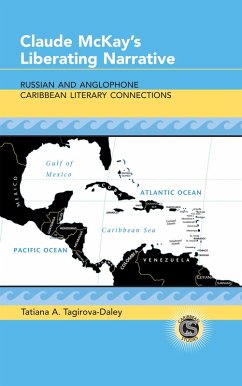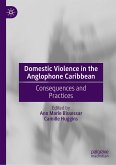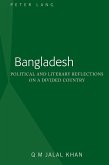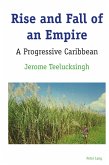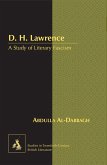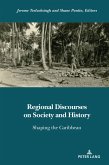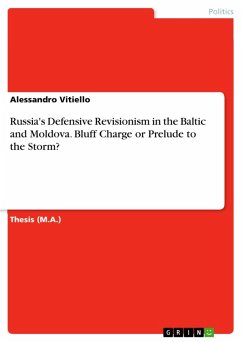Dieser Download kann aus rechtlichen Gründen nur mit Rechnungsadresse in A, B, BG, CY, CZ, D, DK, EW, E, FIN, F, GR, HR, H, IRL, I, LT, L, LR, M, NL, PL, P, R, S, SLO, SK ausgeliefert werden.
«This spectacular new inquiry into Claude McKay's presence in Russian periodicals and literary diaries illuminates in entirely novel ways the Harlem Renaissance writer's role in shaping Soviet insights into black matters. McKay's fascination with the black Russian writer Alexander Pushkin and the white Russian radical Leo Tolstoy, alongside his acquaintanceship with revolutionary Caribbeans C.L.R. James and Ralph de Boissière, makes this remarkable study requisite reading for future interracial, transnational, and transcultural study.» (Gary Edward Holcomb, Ohio University; Author of 'Claude McKay', 'Code Name Sasha: Queer Black Marxism and the Harlem Renaissance' and 'Hemingway and the Black Renaissance')

